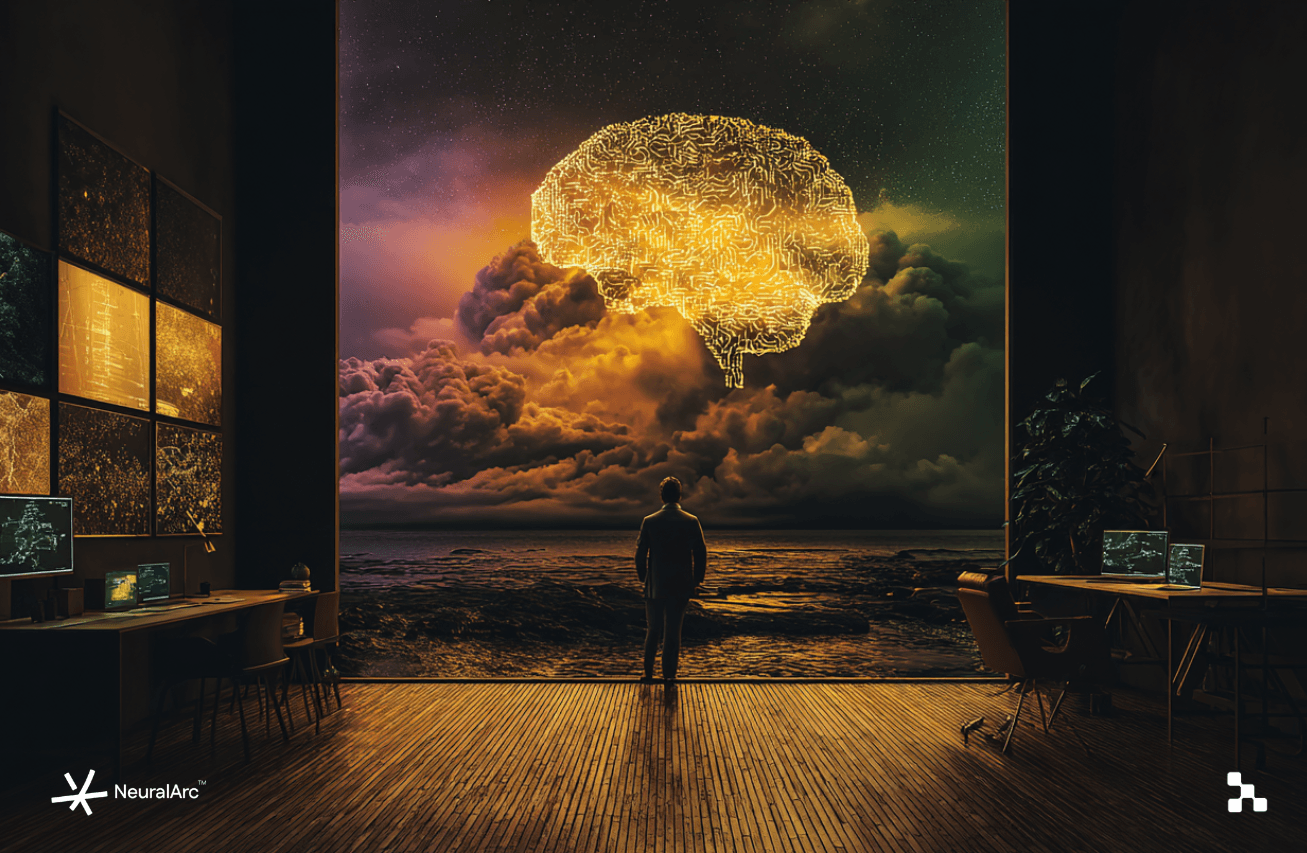We are witnessing a profound shift in the creative landscape. Artificial intelligence (AI) is no longer a futuristic concept; it’s a present-day reality that’s rapidly redefining how we approach design, storytelling, and marketing. From generating stunning visuals to crafting compelling narratives, AI is becoming an indispensable tool for creatives across various industries. This evolution is not about replacing human creativity, but rather augmenting it, opening up new avenues for innovation and efficiency.
The Rise of Generative AI in Design
One of the most impactful applications of AI in design is generative AI. These systems can create original content – images, text, music, and even code – based on user prompts and data sets. This technology is democratizing design, allowing individuals with limited technical skills to bring their ideas to life. Imagine being able to describe a product concept and have an AI instantly generate photorealistic renderings or prototype designs. That future is already here.
Generative AI offers several key benefits:
- Increased Efficiency: Automating repetitive tasks and speeding up the design process.
- Exploration of New Ideas: AI can generate novel concepts and variations that humans might not consider.
- Personalized Experiences: Creating customized content tailored to individual preferences.
However, the rise of generative AI also raises important questions about originality, copyright, and the role of the human artist. As AI becomes more sophisticated, it’s crucial to address these ethical considerations and develop frameworks that ensure fair and responsible use.
AI-Powered Tools for Enhanced Storytelling
AI is also revolutionizing the way we tell stories. AI-powered tools can analyze vast amounts of data to identify trends, understand audience preferences, and even generate plotlines and dialogue. This allows storytellers to create more engaging and impactful narratives that resonate with their target audiences. AI algorithms can analyze script drafts and suggest improvements to pacing, character development, and overall narrative structure.
Consider the following applications of AI in storytelling:
- Character Development: AI can create detailed character profiles based on user-defined traits and backstories.
- Plot Generation: AI can generate plot outlines and suggest plot twists based on established narrative conventions.
- Dialogue Writing: AI can assist with writing realistic and engaging dialogue that is appropriate for the context and characters.
The key is to view AI as a collaborator, not a competitor. When used effectively, AI can unlock new levels of creativity and enhance the storytelling experience.
AI and the Future of Marketing
Marketing is another area where AI is making a significant impact. AI-powered tools can analyze customer data, predict consumer behavior, and automate marketing campaigns. This allows marketers to create more personalized and effective campaigns that drive results. AI can analyze website traffic, social media engagement, and purchase history to identify patterns and trends.
Here are some ways AI is transforming marketing:
- Personalized Advertising: Delivering targeted ads based on individual interests and behaviors.
- Chatbots and Virtual Assistants: Providing instant customer support and answering frequently asked questions.
- Predictive Analytics: Forecasting future trends and optimizing marketing strategies accordingly.
Brand Building with AI Intelligence
AI is also playing an increasingly important role in brand building. AI-powered tools can analyze brand sentiment, track competitor activity, and identify opportunities for brand growth. This allows brands to make more informed decisions and create more effective brand strategies. AI can analyze social media conversations, online reviews, and news articles to gauge public perception of a brand.
For example, AI can help brands:
- Identify their target audience more precisely.
- Develop more compelling brand messaging.
- Monitor brand reputation and respond to negative feedback.
By leveraging AI, brands can create stronger relationships with their customers and build a more sustainable competitive advantage. The future of brand building is undoubtedly intertwined with AI.
AI is revolutionizing the creative world, from design and storytelling to marketing and brand building. While it’s essential to address the ethical considerations and challenges associated with this technology, the potential benefits are undeniable. By embracing AI as a collaborative partner, creatives can unlock new levels of innovation, efficiency, and personalized experiences. The key is to adapt, learn, and explore the possibilities that AI offers to shape a more creative and impactful future.
